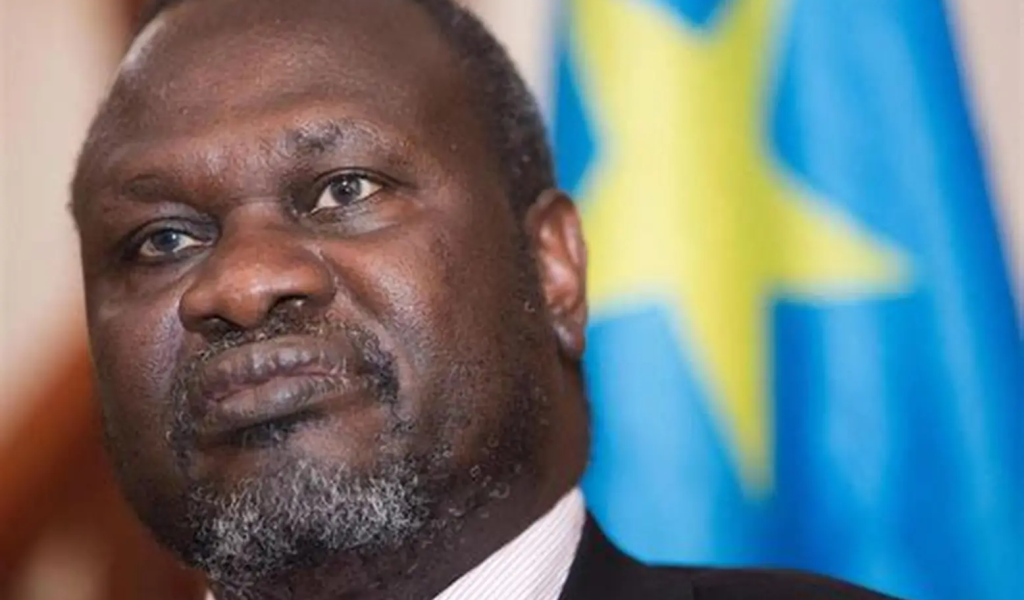
Western powers have once again renewed their call for the immediate release of First Vice President Dr. Riek Machar and other political detainees, warning that continued repression threatens to unravel South Sudan’s fragile peace accord.
In a joint statement, the Embassies of the United States, United Kingdom, Norway, Germany, the Netherlands, and Canada condemned recent escalations of violence and political detentions.
They warned that the ongoing violence constitutes a “direct assault” on the permanent ceasefire and the 2018 peace framework.
“We call on all South Sudan’s leaders to work together urgently to stop the violence. This includes release of all political detainees, including the First Vice-president, so that meaningful dialogue-the only route to sustainable peace for South Sudan can proceed,” the joint statement read.
The diplomats emphasized that Machar’s arrest along with that of other senior opposition figures, undermines the conditions necessary for dialogue and reconciliation, two pillars of the peace process.
They urged Juba to release all political prisoners without precondition, describing such a move as essential for restoring trust and legitimacy.
This is not the first time foreign missions have issued such calls, and many observers doubt it will be the last.
Despite repeated warnings from international partners, the Kiir-led government in Juba has remained largely unmoved.
Over the years, appeals from the Troika (US, UK, and Norway), IGAD, and other key stakeholders have routinely been met with delays, denials, or outright dismissal by authorities in Juba.
The detention of Machar and the resumption of fighting in various regions, particularly in Western Equatoria, Central Equatoria, and Upper Nile, have severely tested the credibility of the R-ARCSS.
Armed clashes between government forces and SPLA-IO loyalists have escalated, while intercommunal violence continues to plague multiple states.
Western diplomats argue that without Machar’s involvement in peace discussions, the agreement cannot be fully implemented.
His continued detention, they say, sends a dangerous signal that power-sharing is conditional, not guaranteed.
While the language in these diplomatic statements remains formal, there is a growing sense that Western patience is wearing thin.
Some foreign policy circles have floated the idea of targeted sanctions or aid cuts if Juba continues to defy the peace deal and ignore international demands.
Yet, South Sudan’s leaders appear to be betting that global attention is elsewhere and that strategic interests, especially in oil and regional security, will continue to insulate them from serious consequences.
What’s at Stake
The continued political repression and exclusion of key opposition figures threaten to undo years of slow but hard-won progress.
For a nation still healing from decades of civil war, the consequences of another political collapse would be catastrophic—not just for South Sudan, but for regional stability.
Unless the calls from international partners translate into tangible pressure, Machar’s detention may remain one more broken promise in a country already burdened with too many.

